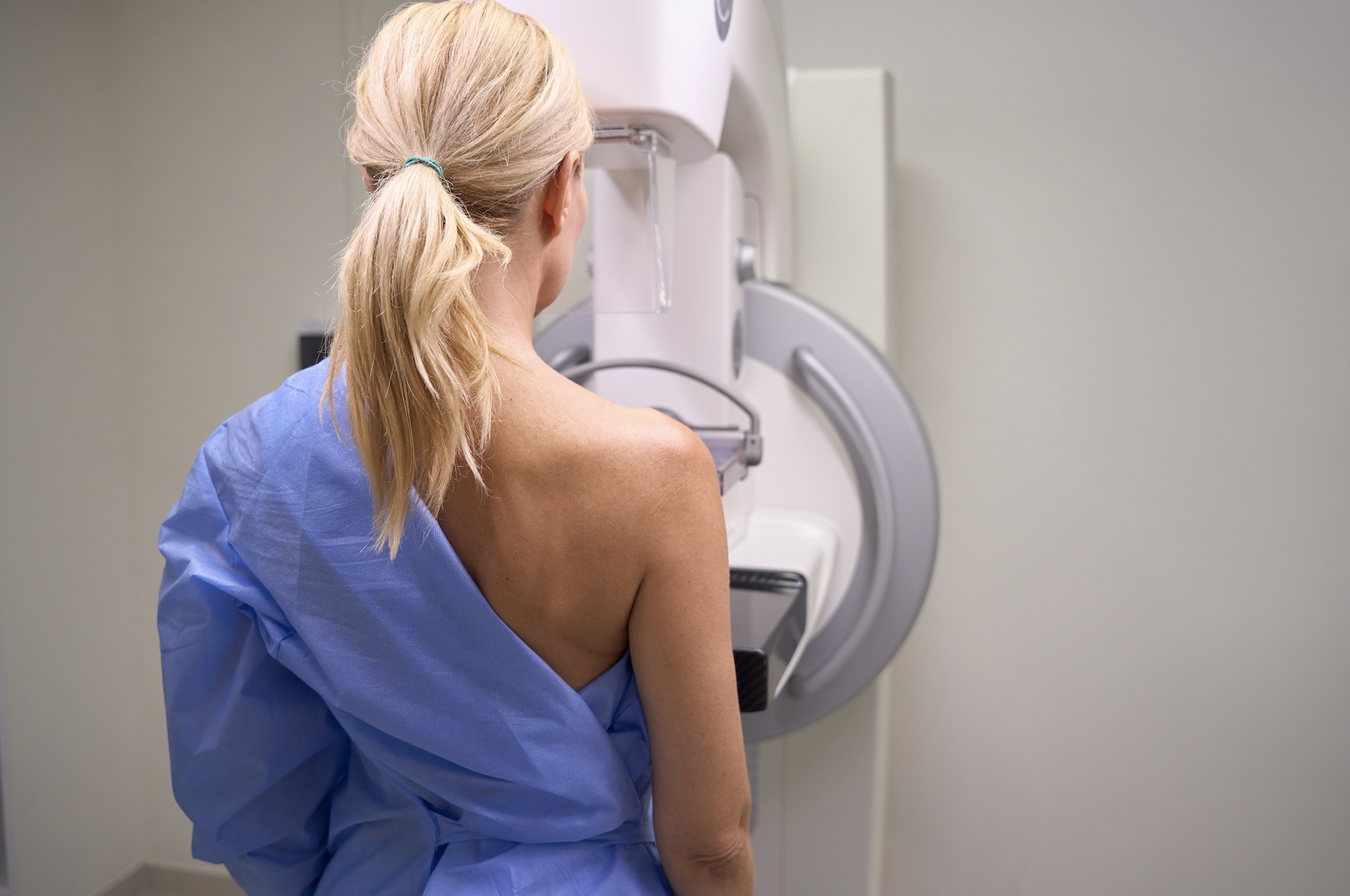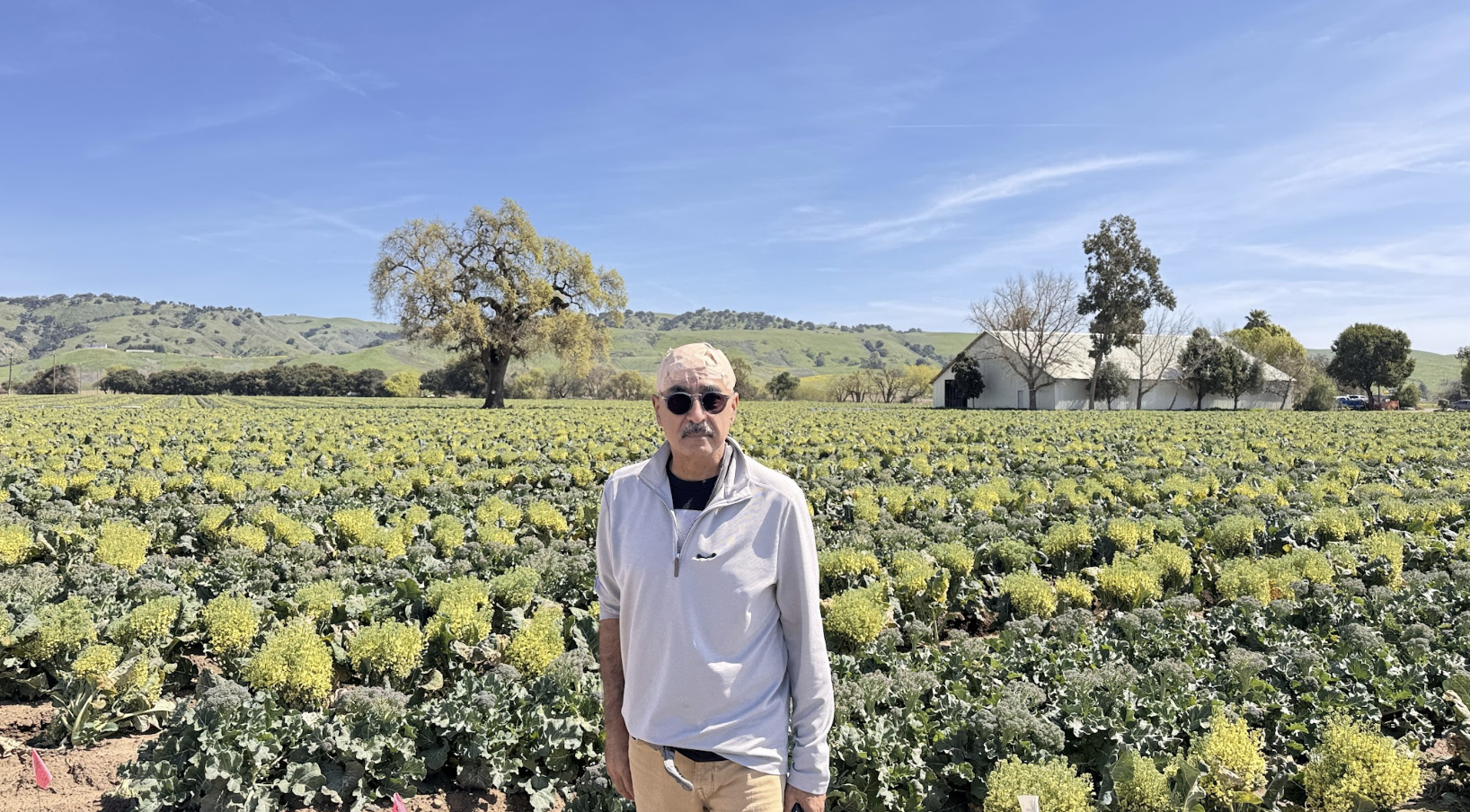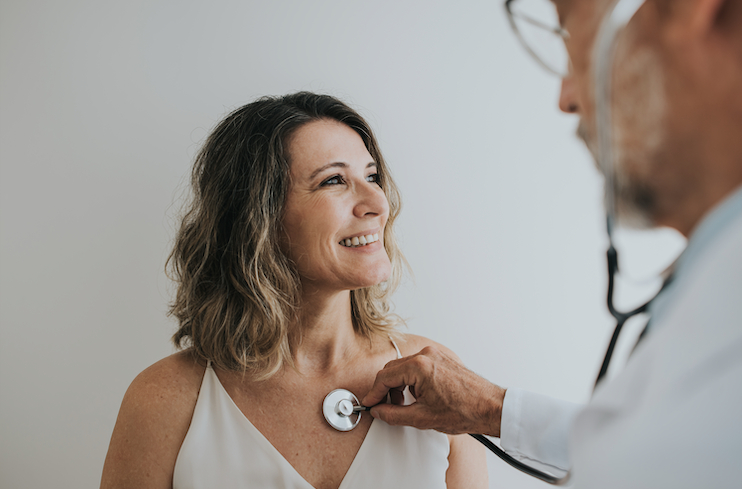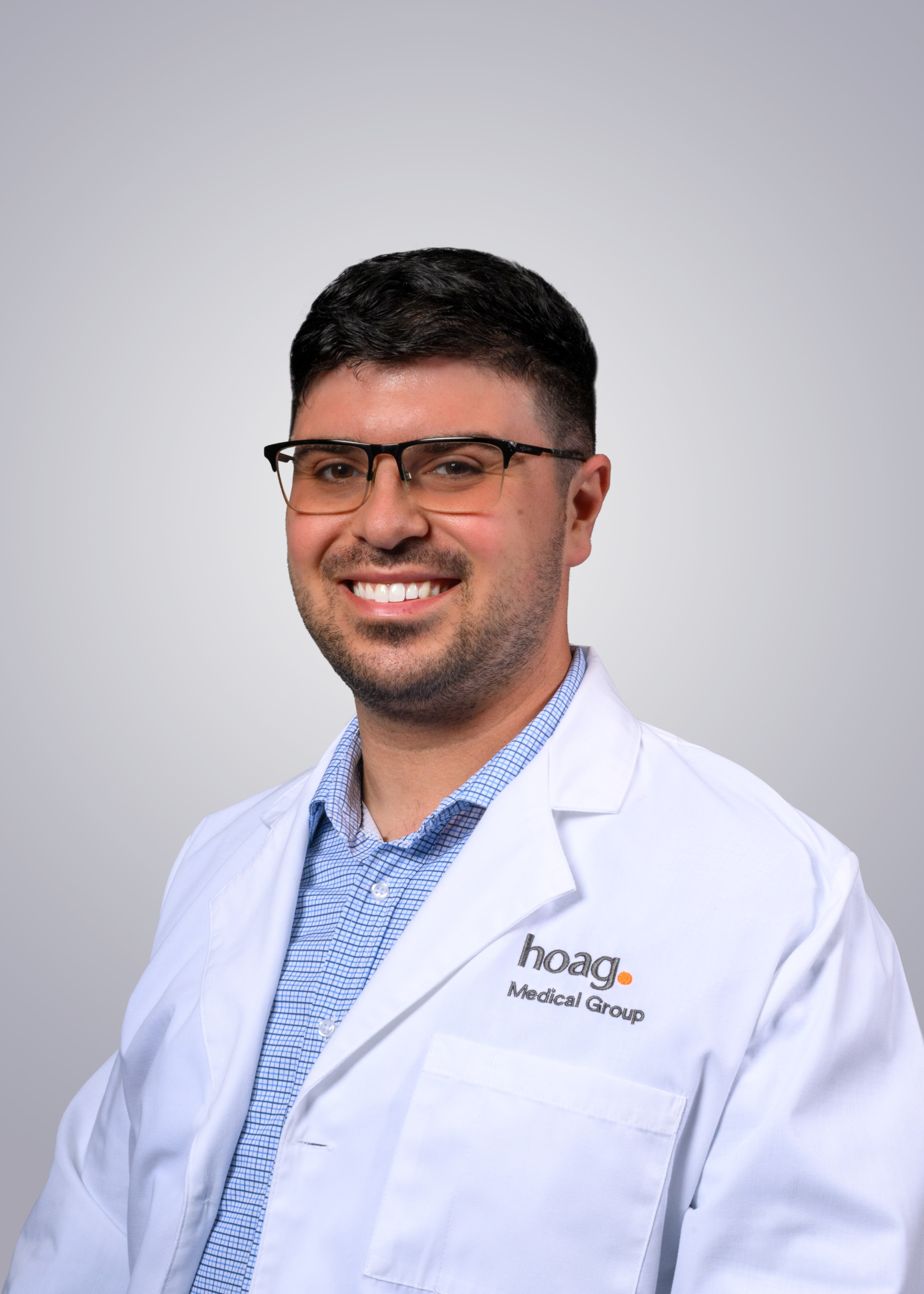
On October 20, Hoag’s co-Gynecologic Oncology Directors Lisa Abaid, M.D., and John (Jeb) Brown, M.D., embarked on a nine-day medical mission to Bolivia. It was the eleventh trip for Dr. Abaid and the second for Dr. Brown.
While most of the doctors’ prior trips had focused on surgery, the physicians traveled to implement a program to reduce cervical cancer deaths, the leading cause of cancer death in women in Bolivia. Due to the HPV vaccine and early detection, death from cervical cancer in the U.S. is rare. In Bolivia, by contrast, access to quality Pap testing is proving a fatal problem. Dr. Abaid reflects on her experience and shares her thoughts:
In Tarija, the seventh largest city in Bolivia, only 1% of Paps are abnormal, yet 3% of women die of cervical cancer, so clearly there’s a problem with the quality of the Pap testing. And the cost – $60 per test – is also out of reach for most Bolivians.
It was a little tricky getting through customs, but we were able to bring a portable polymerase chain reaction (PCR) machine made by a company in Sunnyvale, that can test for 14 types of high-risk HPV, at a cost of $7 per test. Stratifying women based on HPV status rather than with conventional pap testing is a more accurate way to identify women at risk for cervical cancer. We hope this new machine will make a significant difference for a community that faces a 1,000-fold higher death rate from this preventable cancer than communities in the U.S.
On a previous trip, we transported a hand-held battery operated rechargeable thermocoagulator, a device that can be used as a see-and-treat approach whereby women who test positive for high-risk HPV can have a visual inspection of the cervix with acetic acid and receive treatment on the spot for any visible lesions. In a country with such a large percentage of the population living in remote areas, reducing or eliminating the need for return visits can mean the difference between life and death.
We trained the local team on the new device and initiated a new screening program that doesn’t rely on Paps. Now both devices are in the country, functioning with the help of their local laboratory director, Carolina Castro, Ph.D., along with her amazing staff at the Women and Children’s hospital in Tarija. We also had the chance to visit some of our previous surgical patients, and we met some families we support through the local charity, FUNDESSOL.
Lupe Rodriguez, RN, and Javier Armella, MPH, started FUNDESSOL, and I have worked with them on all my prior trips. In addition to the surgical trips and cervix cancer program, they use their funding to support some of the more impoverished local families through monthly boxes of food, clothing and other necessities. This trip we met some of these families in a remote village outside of Tarija, Alta Espana, and had the opportunity to speak with the highly dedicated local physician who staffs the health center there.
We also had the privilege of meeting Maribel and her family, whom Lupe encountered when she was bringing food to Maribel’s grandmother, one of our former patients. One of seven children, Maribel is 20 years old and lives in a small cement room in the middle of an unpaved slum with her sister, two nieces and her two younger brothers. She had polio as a child (horrifically sad and preventable for a child born in 2003) and has no use of her legs. So, she gets around using her hands. An artist, Maribel knits and crochets gorgeous pieces and draws and paints. She cares for her two young nieces and two younger brothers while her sister is at work. They have no toilet or running water and the room they live in is on loan from her uncle, who may need to take it back on short notice. Her parents and four other siblings are subsistence farmers on a piece of land that requires a several hours drive and then an eight-hour walk to reach, so she hasn’t seen them in over a year. Still, she maintains a beautiful spirit, is incredibly bright and friendly, and is highly motivated to be productive and do something to help her family.
I have been lucky to receive a large donation to support my work in Bolivia, and I joined a local Orange County nonprofit, Women for World Health, to further fund our projects there. Using part of this donation, combined with donations from some local families and the other members of our Bolivia team, we provided funds to move Maribel and her siblings and nieces to a home that has a running water, a proper toilet and electricity, as well as some stability so she isn’t worried about losing the roof over her head at any moment. I hope it will give her some time and space to work on her art, which is gorgeous; she is quite talented. She handmade me a beautiful tablecloth in gratitude for the support we provided, and her generosity absolutely took my breath away.
In a country with so much need, it can be difficult to feel as though you can make a real impact. I have found inspiration in a beautiful Talmudic quote that was shared with me by Groesbeck Parham, another gynecologic oncologist who is doing similar work (but on a far greater scale) in Zambia:
Do not be daunted
by the enormity
of the world’s grief.
Do justly, now.
Love mercy, now.
Walk humbly, now.
You are not obligated
to complete the work,
but neither are you free
to abandon it
The work is not nearly complete, but I take comfort in knowing that we began the work, we will continue the work and I think we are making a difference.
To learn more about Hoag’s Gynecologic Oncology Program, visit hoag.org/cancer.









